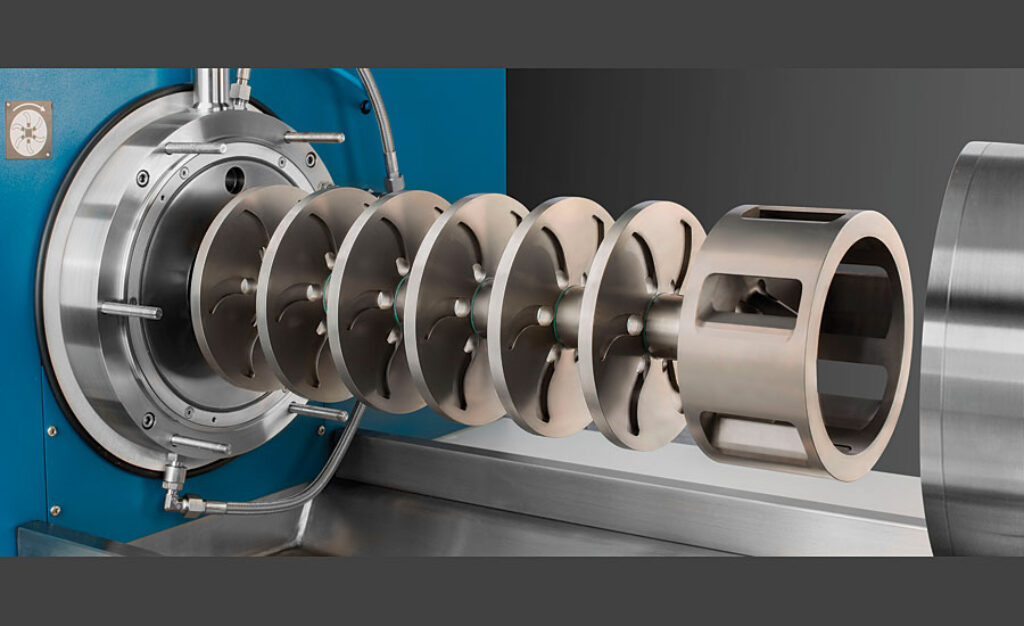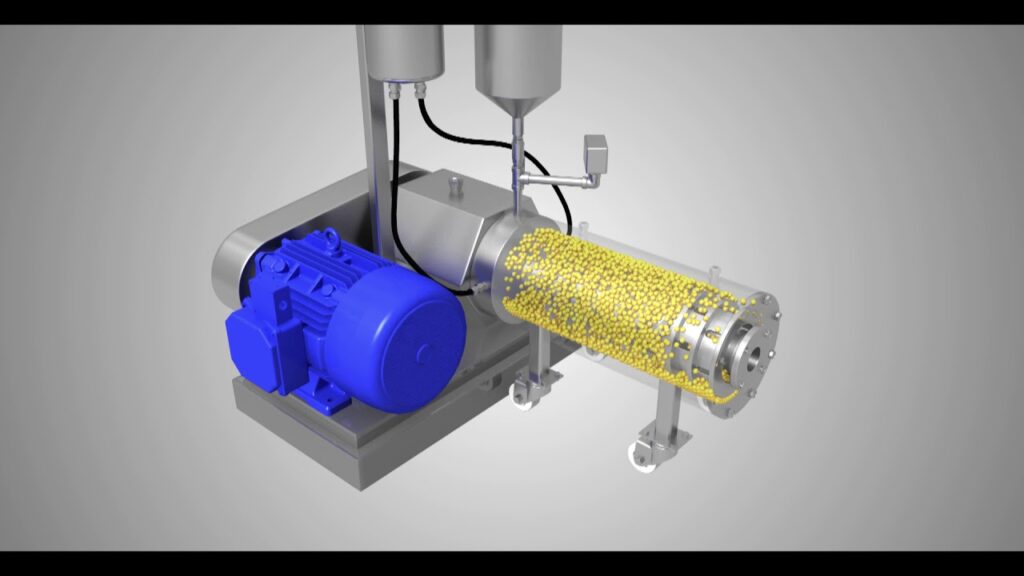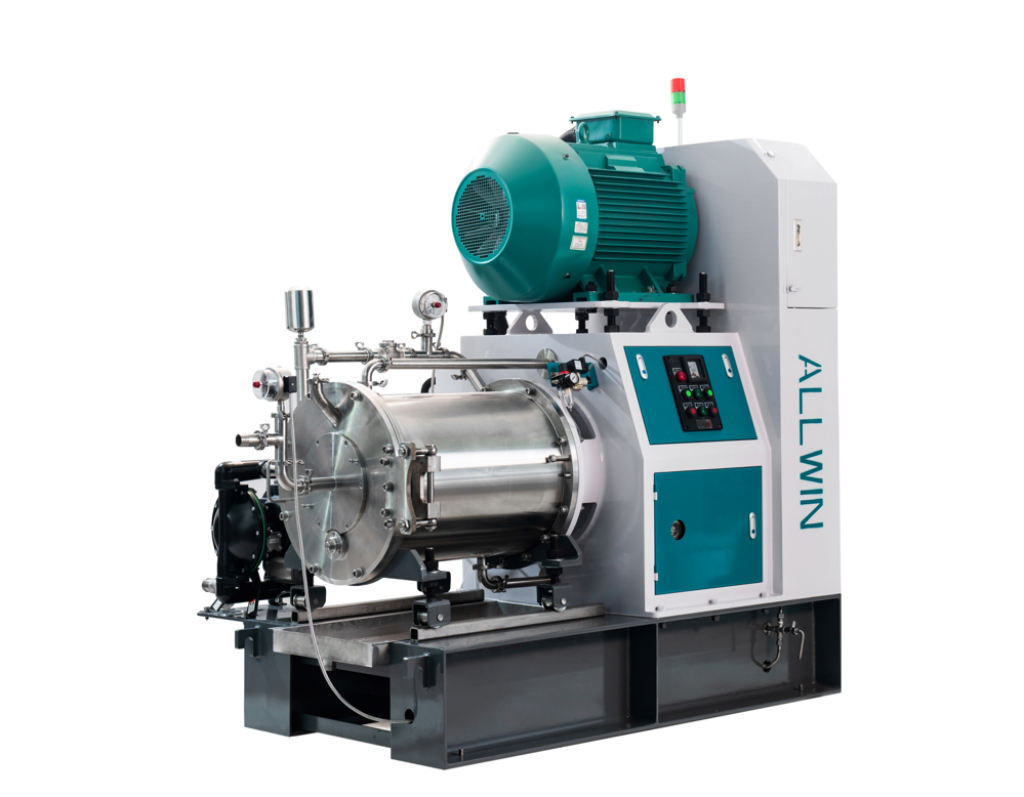
A bead (or sand) mill is a specialized piece of equipment that plays a pivotal role in various industries. Its primary function is to grind or disperse particles, making it an essential tool in processes that require the breakdown of materials to microscopic levels. The significance of bead machines extends across numerous sectors, from food production to cosmetics, showcasing its versatility and importance.
Table of Contents
What Is a Bead Mill?

Source: pcimag.com
At its core, a sand mill is an apparatus that stirs grinding media, specifically beads, within a cylindrical vessel. This agitation grinds or disperses minute particles in a slurry mixture. The machine’s versatility is evident in its wide range of applications, from grinding bulky particles to the intricate task of dispersing nanoparticles.
Principles of Bead Mill Technology
A bead mill operates based on a simple yet effective mechanism. At its core, the mill contains grinding media, commonly referred to as beads. This media is set into motion at high speeds, typically by a rotating agitator. As they move rapidly within the mill, they collide with the particles present in the slurry introduced into the mill.
These collisions, combined with the shear forces generated by the rapid movement of beads, lead to the breakdown of particles. The continuous agitation ensures that particles are repeatedly subjected to these forces, resulting in their gradual reduction in size. The efficiency of this process is influenced by the speed of agitation, the density of the media, and the properties of the slurry.
Importance of Bead Size in Milling

Source: youtube.com
The size of the media plays a pivotal role in the milling process. It acts as the primary determinant of how effectively and efficiently particles are broken down. A media’s size can significantly influence the milling process in the following ways:
- Direct Impact on Efficiency and Quality: The size of the bead directly correlates with the efficiency and quality of the milling output. Larger beads might offer faster grinding but could produce a coarser product, while smaller media parts can produce finer particles but might take longer.
- Media Size Selection in Grinding Processing: Grinding, especially of larger or harder particles, demands careful bead size selection. The nature of the material being processed, its hardness, and the desired final product quality are among the factors that influence this choice.
- Media Size Selection in Dispersing Processing: Unlike grinding, dispersing aims to achieve a uniform distribution of particles. Here, the media size selection is influenced by factors like the viscosity of the slurry and the desired particle size distribution. The goal is to ensure that particles are evenly dispersed without being overly ground.
Applications of Bead Mills
Sand mills, with their unique grinding and dispersing capabilities, have found applications in a wide range of industries. Here’s a more detailed look into how they are utilized in various sectors:
- Inks & Paints Production: The production of inks, dyes, and paints heavily relies on sand mills, often referred to as paint grinding machines. They ensure that the pigments are well-dispersed and that the final product has the desired color and consistency.
- Battery Industry: Grinding machines play a pivotal role in refining materials for battery production, ensuring the right consistency and particle size vital for optimal battery performance.
- Ceramic Production: In ceramics, specialized grinding equipment is essential for producing and refining materials, achieving the desired consistency and quality of the final product.
- Pharmaceuticals: Grinding equipment in the pharmaceutical sector ensures even dispersion of active ingredients, guaranteeing that medicines and drugs meet quality standards.
- Food Processing: Grinding devices in the food sector help achieve specific textures and consistencies, breaking down ingredients to the desired size for optimal taste and texture.
- Cosmetics Production: For cosmetics, from lipsticks to lotions, grinding machines ensure ingredients are uniformly mixed, resulting in products with a smooth finish.
- Chemical Synthesis: Specialized grinders in the chemical industry aid in synthesizing and deconstructing chemical compounds, ensuring efficient reactions and desired end products.
- Paper Industry: Grinding devices are crucial in the paper sector, especially when raw materials need to be refined into finer particles, ensuring the final paper product’s strength and texture.
- Coatings Formulation: In the coatings industry, grinding machines help in formulating various protective and decorative layers, ensuring uniform mixing and durable, adherent coatings.
- Electronics (MLCC/LTCC): For electronics, especially in the production of multi-layer ceramic capacitors (MLCC) and low-temperature co-fired ceramics (LTCC), specialized grinding equipment ensures materials are processed to the right consistency and quality.
- Pesticide Formulation: In the pesticide industry, grinding machines ensure active ingredients are uniformly dispersed, leading to effective pest control products.
Bead Mills by Allwin

Source: allwin-grinding.com
Allwin, a prominent name established in 1993 in China, has carved a niche for itself in the realm of wet grinding mill equipment. With a production record of over 10,000 devices from their ISO-certified factory, they have consistently demonstrated their expertise, commitment to quality, and dedication to innovation.
Their bead mills, known for efficiency, versatility, and durability, cater to a broad spectrum of industrial requirements. But what truly sets Allwin apart is their ability to provide custom solutions tailored to specific industry needs. Recognizing that every industry has its unique challenges and requirements, Allwin offers bespoke bead mill solutions designed to address specific grinding and dispersing needs.
Custom Solutions by Allwin
- Tailored Design: Allwin’s team of experts collaborates with businesses to understand their unique requirements, ensuring that the machines’ design aligns perfectly with the desired output and operational needs.
- Material Selection: Depending on the industry and the nature of the materials being processed, Allwin offers equipment made from a variety of abrasion-resistant materials, ensuring longevity and consistent performance.
- Innovative Features: Allwin’s custom solutions often incorporate advanced features, such as specialized bead separators or enhanced cooling systems, to optimize the milling process for specific applications.
- Training & Support: Beyond just providing the equipment, Allwin ensures that clients’ teams are well-trained to operate the custom bead mills, ensuring optimal performance and longevity. Their post-sales support ensures that any operational challenges are addressed promptly.
With a focus on research, complete services, and a customer-centric approach, Allwin stands as a market leader, not just as a provider of wet grinding solutions, but as a partner that understands and addresses the unique challenges of various industries.







